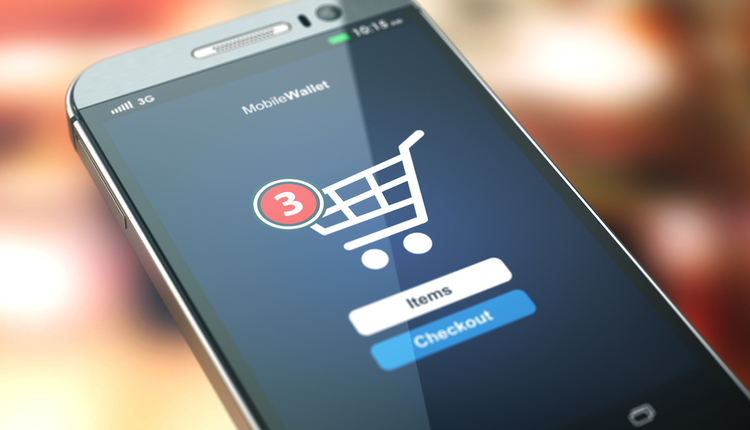The world is ever changing. The Pope just announced that he is stepping down, the USPS is planning to stop Saturday deliveries, and a meteor hit Russia, causing many injuries. The supply chain business is in the middle of a transformation from sourcing in low-cost countries to a regional market strategy. This will impact all partners in the commercial world. I would like to share some thoughts on the following areas: Re-Shoring, the USPS and international parcel opportunities.
Re-Shoring
In a recent study conducted by the MIT Forum for Supply Chain Innovation, 15.3% of US companies are “definitively” planning to re-shore their manufacturing and another 33.6% are considering bringing manufacturing back to the US. This is being driven on the premise of having their manufacturing closer to the customer demand. Also, in a study conducted by Deloitte, many executives are concerned about the additional risks that their supply chains are encountering and this re-shoring approach is a way to minimize this risk. This re-shoring strategy will have a positive impact to the parcel business in the US (commercial and residential).
USPS
The USPS is continually growing its package business in the US. In 2012, the Shipping and Package business grew 8.7% (+$926 million) and $11.6 billion in total sales. This group represents 2.2% of the total USPS volume but 17.8% of the revenue. They are in a “co-opetition” position with Fed Ex(SmartPost), UPS(SurePost), and DHL (GlobalMail) but compete with them too. The USPS has the largest residential delivery network in the US… and that is why Fed Ex, UPS, and DHL use them. The “Parcel Consolidator” model has benefitted everyone involved and is making the E-Commerce market a continued threat to the brick and mortar retailers. As re-shoring continues to gain momentum, the USPS is well positioned for “greatness” in the parcel business.
International Parcel
This segment of the business seems to be a bit more competitive. The international remailers have been around for long time and provide a great service for low value parcels. However, the real battlefield is with DHL, Fed Ex, UPS, and the USPS. The private carriers have invested substantially in their global networks and the USPS relies on its global postal partners for deliveries. DHL continues to be the market leader around the world but is a small player in the US. DHL has returned to profitability in the US market and is positioned to become a bigger player. As companies plan to re-shore in the US, there will be more international parcel opportunities from the US as they try to expand their international e-commerce business from the most sophisticated supply chain network in the world.
In all due time, we will have a new Pope, no Saturday deliveries from the USPS, and Russia will have recovered from the meteor. There is one thing for sure in the world: the parcel business will continue to change and evolve. I’m sure you have been paying attention to the electric delivery vehicles that have been hitting the streets of some of our major cities; five years from now, all parcels could be delivered by electric powered vehicles. Who would ever thought that would ever happen. What is your company doing to prepare for of these “Changes in the Air” ?
Michael J. Ryan is Director, Business Development at DSC Logistics and has been in the parcel industry for over 25 years. He can be reached at 847-393-5862 or mike.ryan@dsc-logistics.com.
Re-Shoring
In a recent study conducted by the MIT Forum for Supply Chain Innovation, 15.3% of US companies are “definitively” planning to re-shore their manufacturing and another 33.6% are considering bringing manufacturing back to the US. This is being driven on the premise of having their manufacturing closer to the customer demand. Also, in a study conducted by Deloitte, many executives are concerned about the additional risks that their supply chains are encountering and this re-shoring approach is a way to minimize this risk. This re-shoring strategy will have a positive impact to the parcel business in the US (commercial and residential).
USPS
The USPS is continually growing its package business in the US. In 2012, the Shipping and Package business grew 8.7% (+$926 million) and $11.6 billion in total sales. This group represents 2.2% of the total USPS volume but 17.8% of the revenue. They are in a “co-opetition” position with Fed Ex(SmartPost), UPS(SurePost), and DHL (GlobalMail) but compete with them too. The USPS has the largest residential delivery network in the US… and that is why Fed Ex, UPS, and DHL use them. The “Parcel Consolidator” model has benefitted everyone involved and is making the E-Commerce market a continued threat to the brick and mortar retailers. As re-shoring continues to gain momentum, the USPS is well positioned for “greatness” in the parcel business.
International Parcel
This segment of the business seems to be a bit more competitive. The international remailers have been around for long time and provide a great service for low value parcels. However, the real battlefield is with DHL, Fed Ex, UPS, and the USPS. The private carriers have invested substantially in their global networks and the USPS relies on its global postal partners for deliveries. DHL continues to be the market leader around the world but is a small player in the US. DHL has returned to profitability in the US market and is positioned to become a bigger player. As companies plan to re-shore in the US, there will be more international parcel opportunities from the US as they try to expand their international e-commerce business from the most sophisticated supply chain network in the world.
In all due time, we will have a new Pope, no Saturday deliveries from the USPS, and Russia will have recovered from the meteor. There is one thing for sure in the world: the parcel business will continue to change and evolve. I’m sure you have been paying attention to the electric delivery vehicles that have been hitting the streets of some of our major cities; five years from now, all parcels could be delivered by electric powered vehicles. Who would ever thought that would ever happen. What is your company doing to prepare for of these “Changes in the Air” ?
Michael J. Ryan is Director, Business Development at DSC Logistics and has been in the parcel industry for over 25 years. He can be reached at 847-393-5862 or mike.ryan@dsc-logistics.com.








